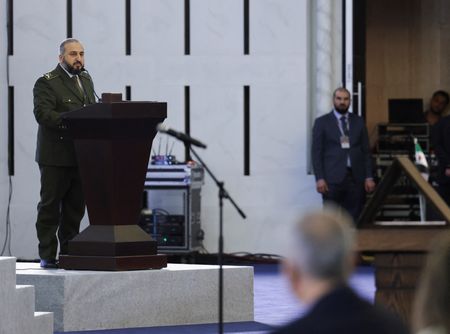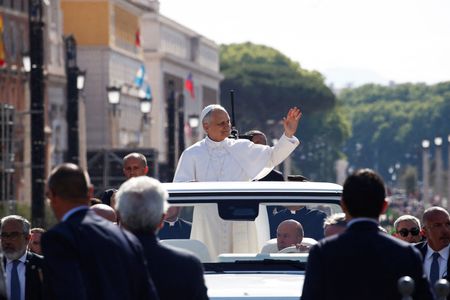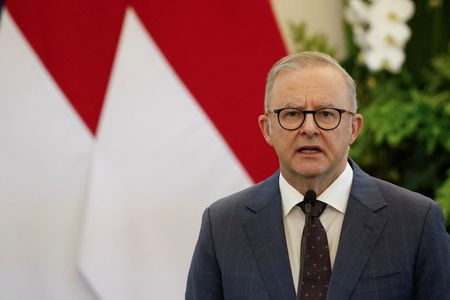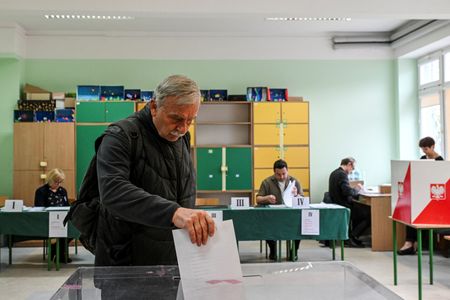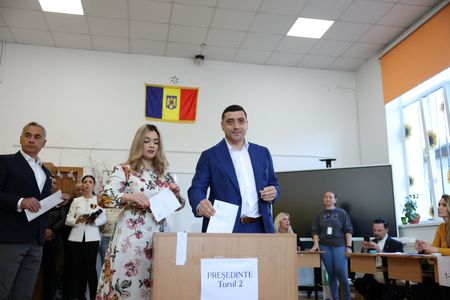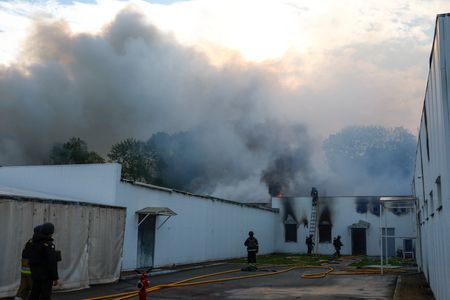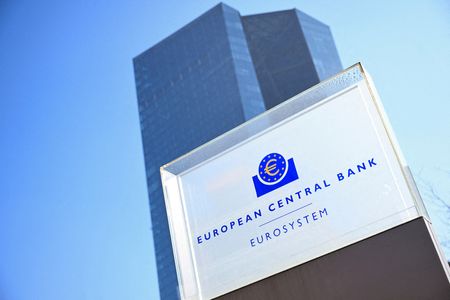By Catarina Demony and Sergio Goncalves
LISBON (Reuters) -Polls opened across Portugal on Sunday as millions of voters started casting their ballots in a third parliamentary election in as many years, though many are bracing for more uncertainty as the vote is unlikely to deliver a stable government.
Sunday’s ballot was called just one year into the centre-right minority government’s term after Prime Minister Luis Montenegro failed to win parliament’s confidence in March in a vote he himself proposed when the opposition questioned his integrity over the dealings of his family’s consultancy firm.
Montenegro has denied any wrongdoing and most opinion polls have shown voters dismissing the opposition’s criticism.
Polling stations are open from 8 a.m. to 7 p.m. (0700-1800 GMT), with exit polls expected from 8 p.m. (1900 GMT).
The election, also dominated by issues such as housing and immigration, follows a decade of fragile governments, only one of which has had a parliamentary majority but which still collapsed halfway through its term last year.
Opinion polls show Montenegro’s Democratic Alliance (AD) garnering the most votes and probably a few more seats than in the previous election in March 2024, but again no parliamentary majority.
“We can’t have elections every year,” said 26-year-old bank worker Diogo Lima, adding the AD should be left to govern even if it does not win the election by a significant margin.
Outside the polling station where Montenegro will vote in the northern city of Espinho, some voters queued from early in the day, with one, Irene Medeiros, 77, saying the “best candidate must win” but that she was afraid of greater political instability.
‘ONLY DOUBT’
AD’s perennial rival, the centre-left Socialist Party (PS), was polling about 26%, behind the AD on more than 32%, in Radio Renascenca’s “poll of polls” aggregator.
Political scientist Antonio Costa Pinto said the new parliament would likely be similar to the last, and it was impossible to predict how long the government would last, as it depended on factors ranging from the international situation to the AD’s ability to reach deals with other parties.
“The only doubt is whether the AD will form a new minority government … or whether it will form a post-electoral coalition with IL, even if this coalition does not guarantee an absolute majority,” he said, referring to the pro-business Liberal Initiative (IL) party, standing fourth in the polls.
It has some affinities with Montenegro’s AD and many analysts see them as natural partners, but IL’s polling numbers throughout the campaign have been insufficient for a potential alliance between the two to reach a majority of 116 in the 230-seat parliament, which requires at least 42% of the vote.
Voter turnout is usually low in Portugal, and some political analysts have expressed concern it could be even lower this year due to election fatigue.
The far-right Chega party, with which Montenegro refuses any deals, has been polling in third place on about 18%, similar to its result last year, though last-minute health problems for its leader Andre Ventura could influence the outcome.
After undergoing treatment in hospital twice in the past week due to an esophageal spasm, he made a surprise appearance at his party’s final event on Friday.
(Reporting by Catarina Demony, Sergio Goncalves, Miguel Pereira, Elena Rodriguez and Leonardo Benassatto; Editing by Andrei Khalip, Mark Potter and Helen Popper)




